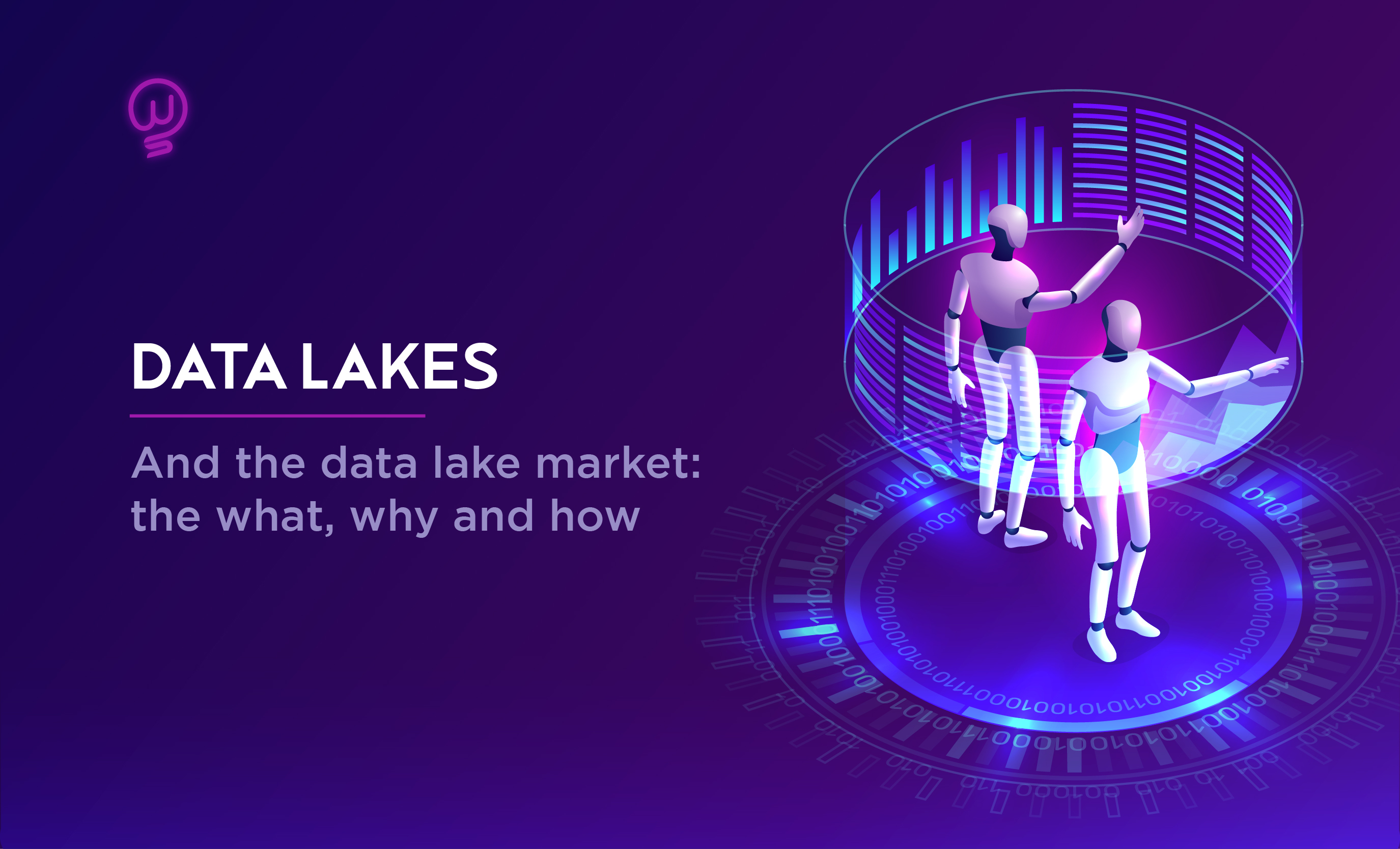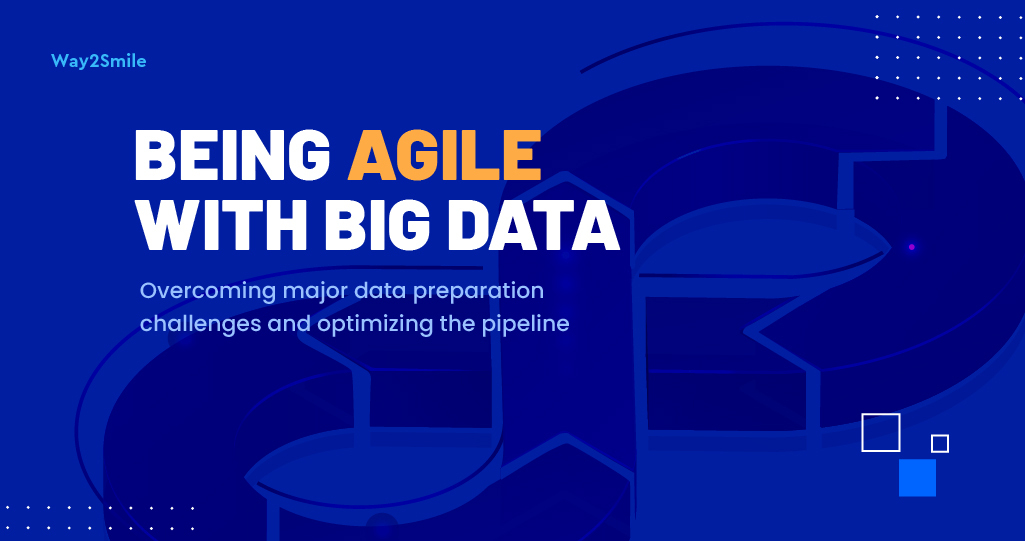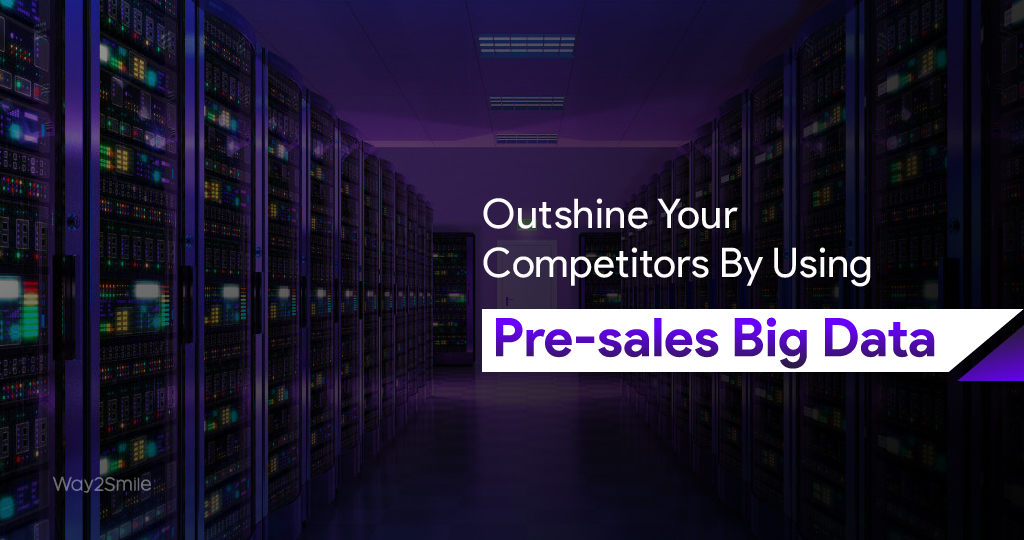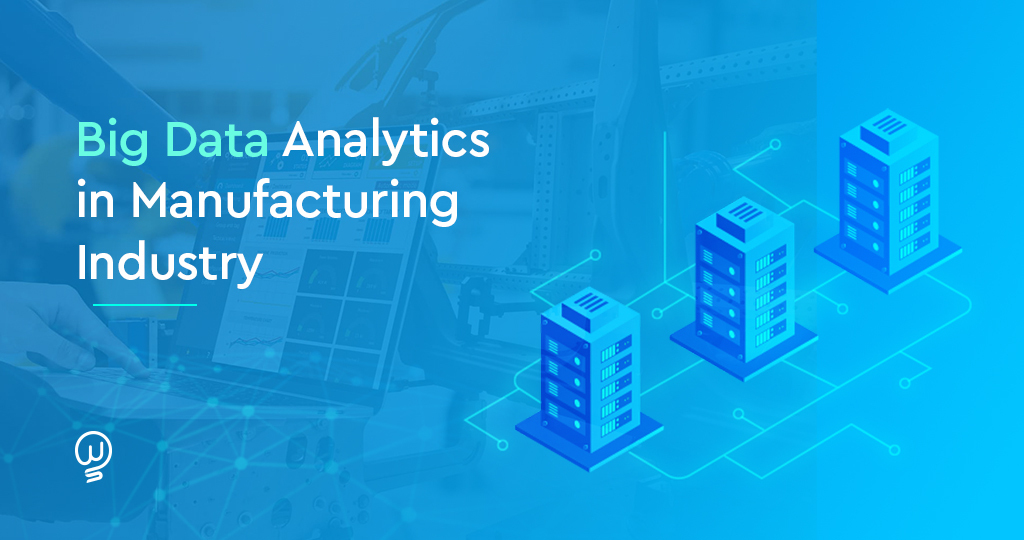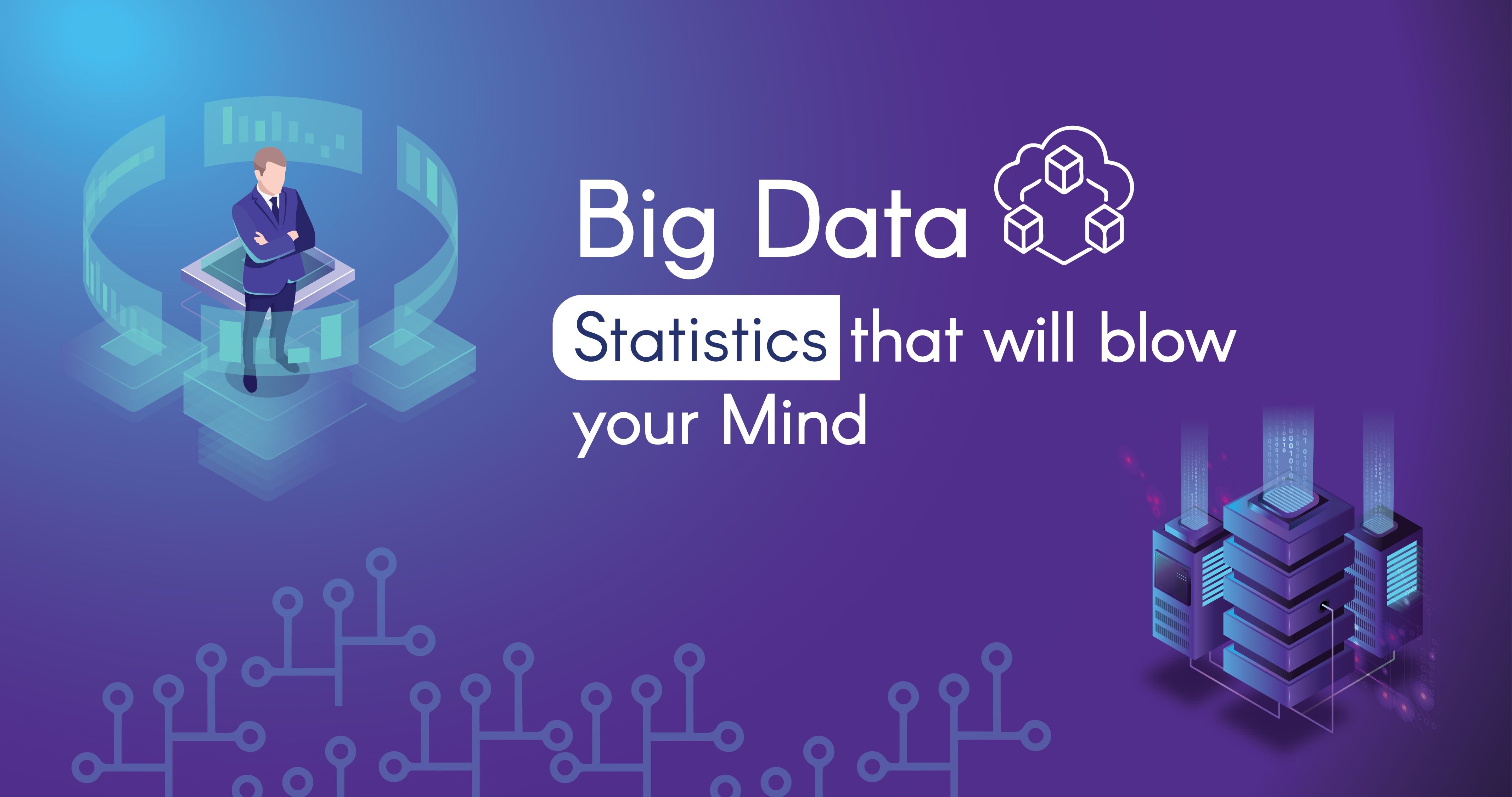Data lakes are the assets that are used in Data Analytics. To make big data succeed, a business needs a couple of things: Knowing what actionable data you need for your desired outcomes and getting the right data to analyze and leverage in order to achieve those outcomes. However, as the data is coming from ever more sources and in different forms & shapes. This volume of data nor the variety and so forth are about to decline any time soon. In this blog, we have discussed the importance of the data lake strategy and why it is needed.
Everything you should know about Data Lakes:
If you consider the popular technology the Internet of Things (IoT) where mainly Industrial Internet of Things is poised to grow at a greater pace in the upcoming years. And with that growth indeed comes more data in a better format. Data is what we are after the Internet of Things, in order to gain large insights and drive the corresponding actions and operations to achieve whatever you need! Big Data Analytics with a purpose, smart data for data applications and undoubtedly Artificial Intelligence to make use of the data. Moreover, data has been residing in silos across the organization and the environment in which the operations are executed. This is the challenge where you can’t combine the right data to succeed in a large project if that data is a bit everywhere in and out of the cloud.
This is among others where the idea and reality of big data come from! Traditionally, data management approaches aren’t ready to handle big data and big data analytics. With Big Data Analytics, we can find the correlation between various data sets which need to be combined in order to achieve business goals.
Data lakes for big data can be explained simply with real lakes. A lake is usually a thing where there are rivers and small streams that brings water. Similarly, Data lakes are designed for big data analytics and to solve the data silo challenges in big data. This is also known as ingestion of the data irrespective of source or structure. We gather all data which we require to reach our goal through a Data Analytics strategy. These streams of data come in various formats such as structured data, unstructured data, XML, Machine-to-machine, IoT, sensor data, etc. They are also involved in various types of data from a contextual perspective such as customer data, data from the front-line of business applications, sales data, etc. Moreover, we are increasingly making use of external data sources which is to leverage our goals.
Usage of Data Lakes:
All the above-mentioned data is stored in data lakes while it is also visible through the Application Interface Protocols (APIs) and feeding data from all sorts of applications and systems or through batch processes. This is how data lakes work:
- Initially, the incoming flow represents multiple raw data archives right from emails, spreadsheets, social media contents, etc.
- The reservoir of the water is a dataset, where one runs the analytics on all the data.
- The outflow of the water is the analyzed data.
- By the above process, one can shift through the data quickly, analyze them, and process them to gain business insights.
These data lakes are usually leveraged by the following people:
- Business & Data Analysts.
- Data Architects.
- Data Scientists & App Developers.
Data lake development with big data play a major role since:
- Building applications: It is a major platform for businesses to get the data they need and instantly build data-driven applications that businesses require.
- Flexibility & Accessibility: It offers flexibility and accessibility in moving a huge amount of data from data warehouses to perform analytics.
- Retain Data Authenticity: Data Lakes provides you to store and analyze the information in various formats, retaining data authenticity.
- Speed: It provides the complete ability to shift through the complete quantities and data quickly.
- Explore & Analyze: It offers the entire capability to analyze every single form of data by exploring them instantly.
Benefits of Data Lakes:
- The historical legacy data architecture challenge
Traditional legacy data systems are not that open. If you want to start integrating, adding, and blending the data together for analyzing and acting. Analytics with traditional data architectures weren’t that obvious nor cheap either.
- Faster Big Data Analytics as a driver of data lake adoption
Yet another reason to make use of Data Lakes is that they allow Big Analytics to be done at a faster rate. As they are concerned for Data Analytics they can also offer real-time analytics with real-time data. Data Lakes are capable of leveraging large quantities of data with algorithms to drive insights.
- Mixing and converging data
Data Lakes offers the possibility to acquire, blend, integrate, and converge all types of data irrespective of the data source or the format. Hadoop, one of the data lake structures can also easily deal with the structured data on the top of the main chunk of the data. Added, unstructured data from sources such as social media can also be leveraged for Data insights associated with the business.
- Moving the data analytics to the source
As we know moving the large data sets back and forth is not an easy thing and is the smartest factor to do. With Big data lakes, the application is close to where the data resides. This is the essence of edge computing in the scope of data analytics.
- Saving Enterprise Data Warehouses resources
This is yet another benefit. It then is used to pass the relevant data only to the warehouse, whereby it saves EDW resources. Data lake market 2021 is on the uprise with the above benefits!
Conclusion:
With such importance in the Data Industry, the market size of Data Lakes is estimated to reach $20.1 billion by the year 2024. This clearly shows the growth of Data Lakes and how it has gained popularity in recent years by businesses. Being a pioneer Data Engineering Company, we deal with Big Data Analytics for our client businesses with equal importance for Data Lakes. If you have any queries on the same, we’re here to assist you! Get in touch with us.
